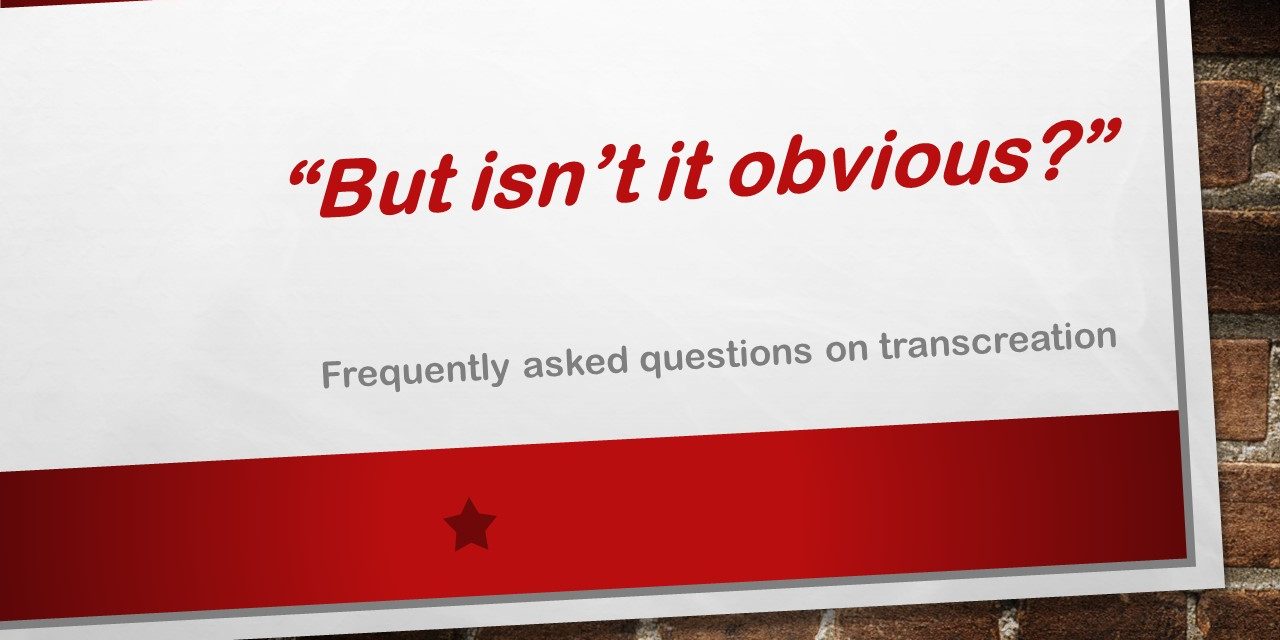In my workshops (and elsewhere) I always insist on the importance of client communication.
Meaning: As a linguist – hence, a service provider – you need to be clear and specific in your communication with (prospective) clients. Don’t assume that they know all about your business. Even if a prospect or client is a language-service company you don’t know for sure whether they know how you do business. They probably don’t.
You need to tell them.
Tell them how you approach a job, why you do so, how that benefits the client’s business, what you would charge, what and how you would deliver, and when.
Do so even if you think the client knows the ins and outs of your business. When I’m a client, I always want to know what I will be getting. It gives me the reassurance that I am working with someone I can rely on as being an expert.
In that client communication, asking the right questions is paramount. Don’t throw linguist lingo at them. For instance, don’t ask your client whether they need a translation or a transcreation. They probably won‘t know the difference (see separate blog post on “translation or transcreation”). Or they may be unsure whether you know the difference. Ask more generally phrased questions instead. For instance: What does your client need the text for, who is the target audience, who are the main competitors in the target market, where is it going to be published (if at all)? Then suggest a solution, tailored to those specifics.
Many participants in my workshops are surprised when we do role plays and they are challenged to find a solution to a particular client’s problem rather than having a client just place an order. All too often we assume that other people know about the intricacies and challenges of our work. The truth is: most don’t. Just like I don’t know much about the intricacies and challenges of other professions. Do you?
So never assume that something is obvious.
Find solutions and lay out the rules. Be a consultant to your client, and be specific about what you intend to deliver, at what cost, and in what timeframe.
Otherwise, both you and your client might be in for a nasty surprise. Your client might be taken aback by a price tag they didn’t see coming, and you – the linguist – might be taken aback by the fact that the client is taken aback by the price. Or maybe the client expected a transcreation and got a translation – another common problem.
You might end up with a disgruntled client. Would you want that? Just because you didn’t consider it necessary to communicate clearly what the client would be getting?
Keep clients happy.
Talk to them and find out what they really need. Then communicate how you are going to give them what they really need, and what the parameters are.
Do you agree? Would you like to share an experience where being so specific has paid off? I’d be happy to publish your story here as a guest post, if you like. Get in touch!
Did you like this post? If you did, you’ll love my latest book. Check it out: Nina’s book on transcreation.







